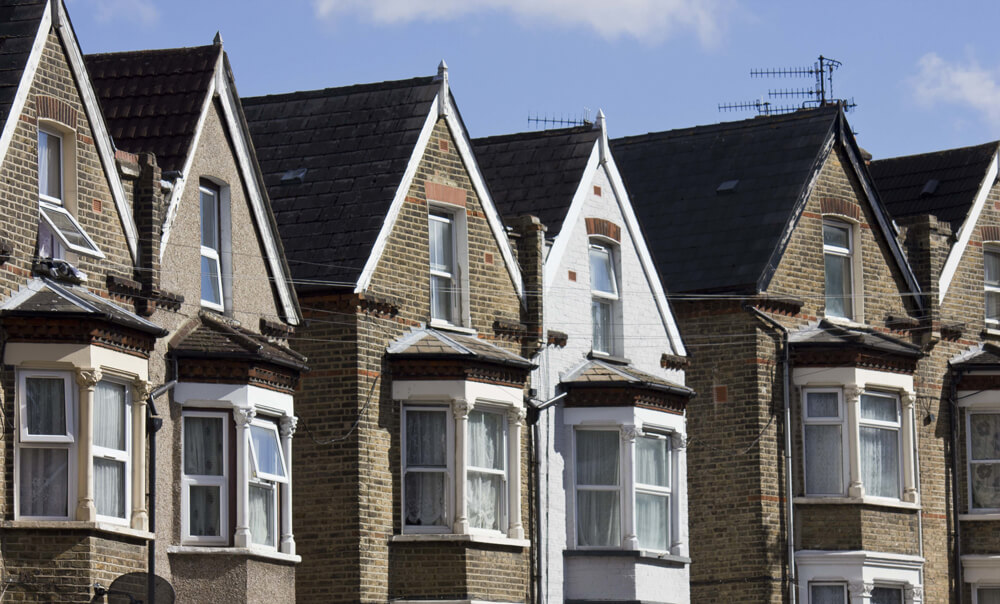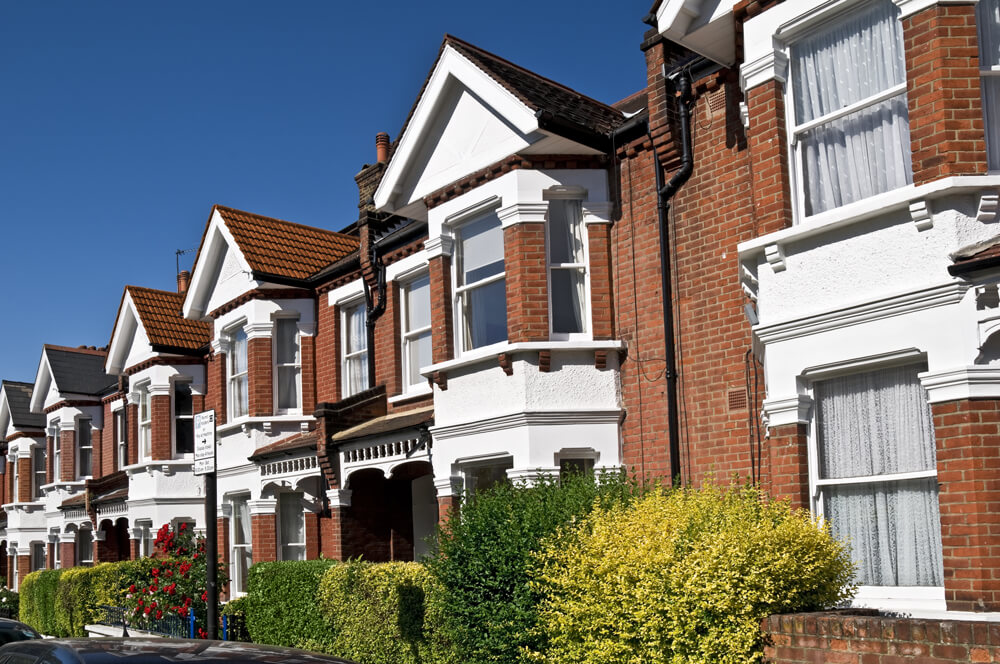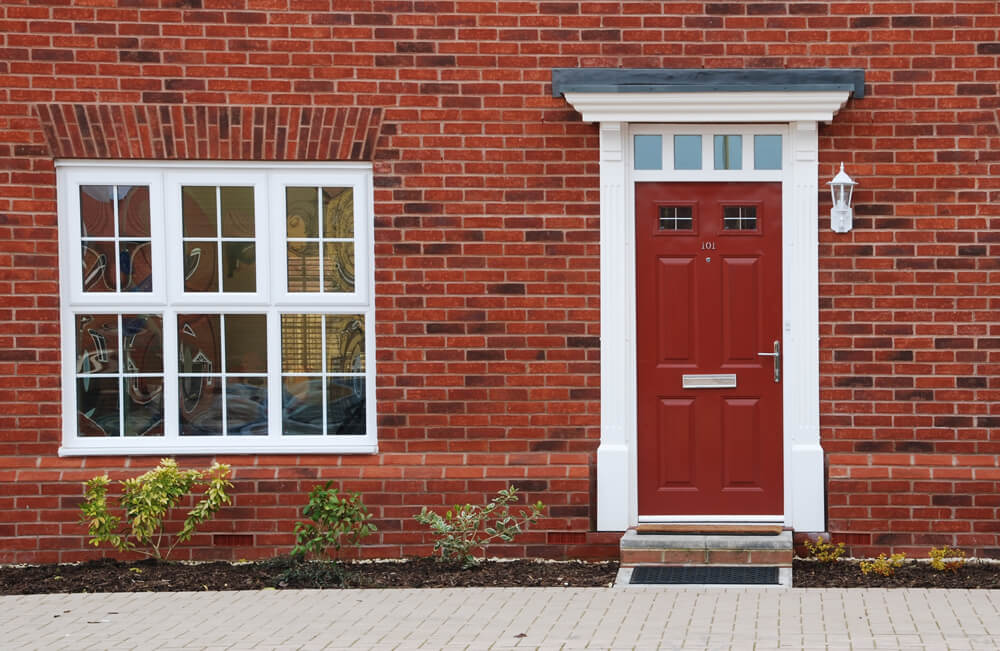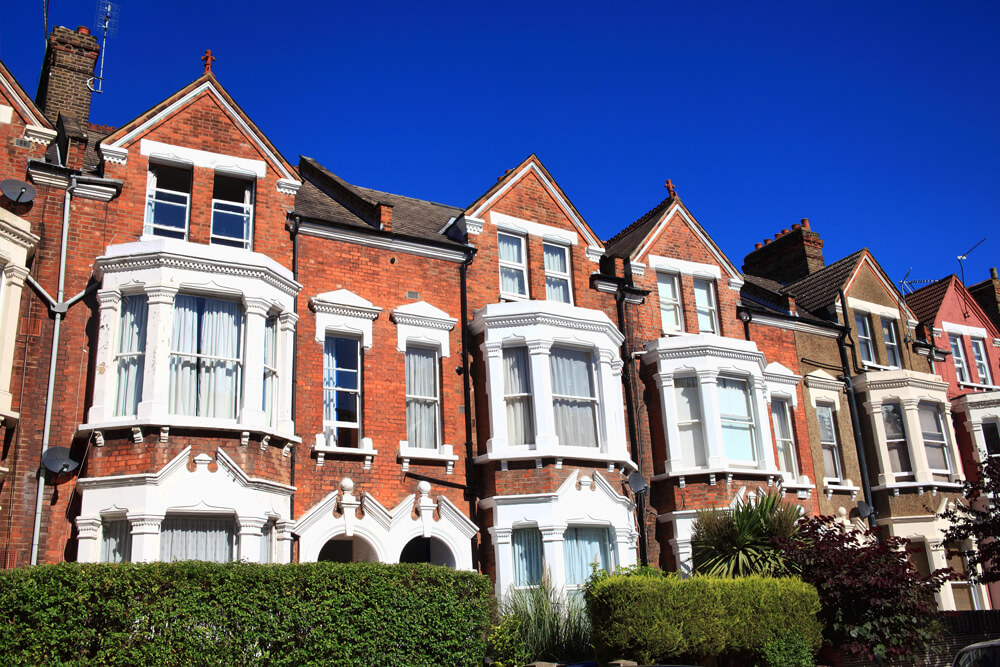
Most seasoned landlords know collecting a security deposit is important, even if it is not mandated by law. A security deposit will help to protect you as a landlord financially if a situation arises where damages occur on your property, as a result either of the tenant‘s actions or if the tenant could not pay the rent. The laws surrounding security deposits differ from state to state. Landlords should be familiar with the basics of how security deposits work. Let’s take a look at six questions related to them.
What Is a Security Deposit?
A security deposit is an amount of money deposited to the landlord to serve as a fall back for payment of rent and to cover expenses in the event that damages are caused by the tenants to the property. A security deposit is a one time payment and is different from the rent, it is also refundable. A security deposit must be paid along with the first monthly rent, and the payment must be paid before the tenant moves in.
How Much Security Deposit Should Be Charged?
This is a common question and, yet, there is no concrete answer. The price ceiling for security deposits vary from state to state and, as such, it is difficult to say precisely how much a landlord should charge. The amount you can charge depends on the setting of your rental property. While some states or regions may have a price ceiling for security deposits, some don’t. Apart from what the law says, you should also check what the local market is like, it would be detrimental to your business if you alone were charging a higher amount for a security deposit than other landlords in your locality.
When Should The Security Deposit Be Collected?
This answer is pretty straightforward. The security deposit must be taken before a tenant moves into the property. It could be paid together with the first lot of rent. If a prospective tenant refuses to pay you the security deposit, they should be given time to come up with it or other tenants should be moved in instead. It is risky to allow the tenant to move in without paying the security deposit; there’s a possibility that you will never receive it. You’re liable if, in this case, damages occur to the rental property.
What Is The Purpose Of a Security Deposit?
The security deposit is a cover for landlords when a lease agreement is breached. For instance, if your tenant was unable to pay the rent, the security deposit covers up for that lapse.
How Is It Kept?
Once again, there are different rules in different states on how security deposits should be kept. In some states, the security deposit can be stored anywhere, while in others it must be kept in a bearing account. Some states insist that a receipt should be given to a tenant, once payment is made.
When Should You Return The Security Deposit?
Usually, a security deposit is returned at the end of the tenancy. You have no legal right to hold the security deposit for more than 2 weeks in some states, in other states, it must be returned within 4 weeks.
That’s it. Before you delve into the rental business, please understand these basics about security deposits. You can’t afford to go in blindly. Knowledge is wealth.
Do you need some more advice on security deposits and other aspects of being a landlord? Why not call our FREE landlord advice helpline. Get specialist advice from qualified lawyers about anything from tenant disputes to arrear and debt recovery.




 POSTED BY
POSTED BY 

